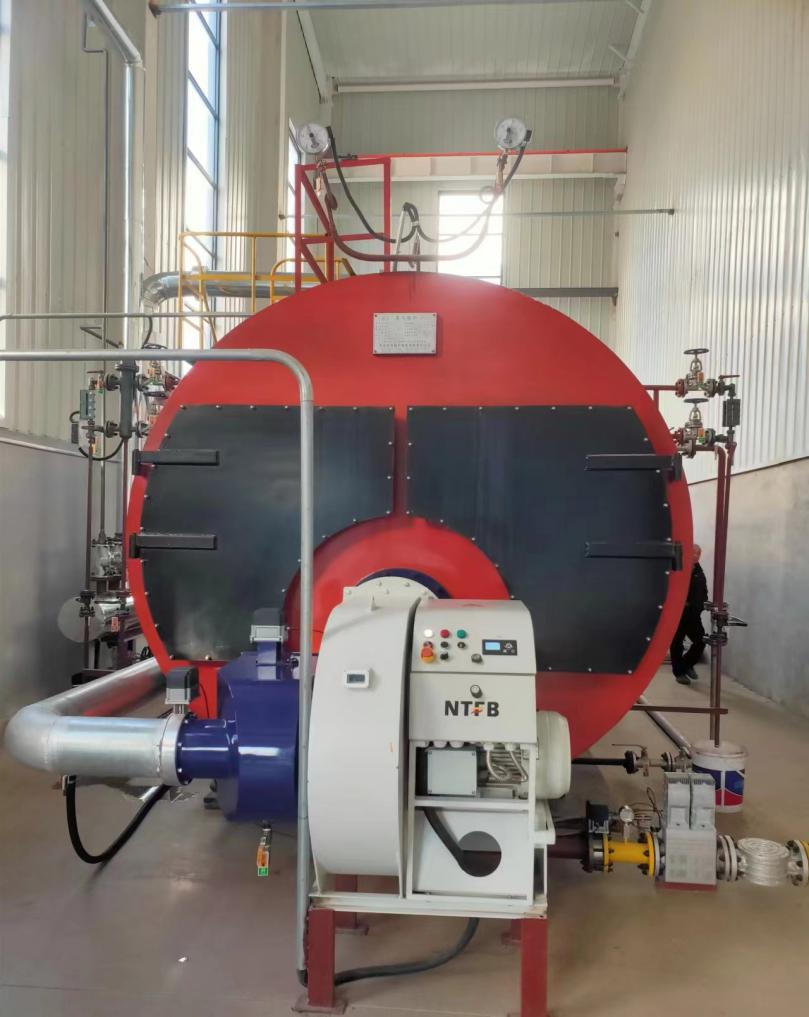
Dec . 11, 2024 11:20 Back to list
hot water boiler capacity calculation
Understanding Hot Water Boiler Capacity Calculation
In industrial and residential settings, hot water boilers serve as essential systems for heating water for various applications, such as space heating, domestic hot water supply, and industrial processes. Proper sizing and capacity calculation of a hot water boiler are crucial for ensuring efficiency, comfort, and cost-effectiveness. In this article, we will delve into the important aspects of hot water boiler capacity calculations, their significance, and the factors influencing these calculations.
Importance of Boiler Capacity Calculation
Boiler capacity is defined as the amount of water that a boiler can heat up to a certain temperature within a specific time frame. Calculating the correct capacity is vital for several reasons
1. Efficiency An appropriately sized boiler operates efficiently, consuming the right amount of fuel to meet the heating demand. Over-sizing or under-sizing can lead to energy wastage or inadequate heating.
2. Cost-Effectiveness A correctly sized boiler reduces energy costs by ensuring that you are not paying for excess capacity. It also minimizes maintenance costs and extends the lifespan of the system.
3. Comfort For residential applications, proper boiler capacity ensures that spaces are adequately heated, providing comfort to occupants. In industrial applications, maintaining the correct process temperature is often critical to product quality.
Factors Influencing Boiler Capacity Calculation
Several factors must be considered when calculating the required boiler capacity
1. Heating Load The heating load is the total amount of heat required to maintain a desired indoor temperature. This load can vary significantly based on the location, building insulation, the number of occupants, and specific equipment used. To determine the heating load, a detailed analysis of the facility's heat loss during the coldest part of the year, including thermal losses through walls, roofs, and windows, must be conducted.
hot water boiler capacity calculation

2. Temperature Rise The temperature rise needed refers to the difference between the incoming water temperature (cold water) and the desired outlet temperature (hot water). The greater the required temperature increase, the higher the boiler capacity will need to be to achieve this within an acceptable time frame.
3. Flow Rate This refers to the amount of water that needs to be heated per unit of time, typically measured in gallons per minute (GPM) or liters per second (L/s). High flow rates require boilers with greater capacities to ensure that sufficient hot water is available without significant delays or temperature drops.
4. Boiler Type The type of boiler can also impact capacity calculations. For example, a combi-boiler serves both heating and hot water needs from a single unit, while a traditional boiler may require separate systems for these functions. Understanding the specific design and operation of the boiler type is essential in accurately determining capacity.
Calculating Boiler Capacity
To calculate the required boiler capacity, you can use the following formula, which considers the heating load, temperature rise, and flow rate
\[ \text{Boiler Capacity} = \frac{\text{Flow Rate} \times \text{Temperature Rise} \times 500}{\text{Efficiency}} \]
Where - The Flow Rate is in GPM - Temperature Rise is the difference in degrees Fahrenheit (°F) - The factor 500 is a constant that represents the energy required to raise one gallon of water by one degree Fahrenheit (considering water density and specific heat) - Efficiency is the boiler's efficiency rating (expressed as a decimal)
Conclusion
In summary, accurately calculating the hot water boiler capacity is vital for ensuring efficient and reliable hot water heating for both residential and industrial applications. By taking into account factors such as heating load, temperature rise, flow rate, and the type of boiler, professionals can make informed decisions that enhance system performance and reduce operating costs. Whether you are installing a new boiler system or assessing an existing one, investing time in capacity calculation warrants long-term benefits in efficiency, comfort, and costs.
-
High-Efficiency Commercial Oil Fired Steam Boiler for Industry
NewsJul.30,2025
-
High-Efficiency Biomass Fired Thermal Oil Boiler Solutions
NewsJul.30,2025
-
High Efficiency Gas Fired Thermal Oil Boiler for Industrial Heating
NewsJul.29,2025
-
High-Efficiency Gas Fired Hot Water Boiler for Sale – Reliable & Affordable
NewsJul.29,2025
-
High Efficiency Biomass Fired Hot Water Boiler for Industrial and Commercial Use
NewsJul.29,2025
-
High-Efficiency Biomass Fired Hot Water Boiler for Industrial Use
NewsJul.28,2025
Related PRODUCTS






















